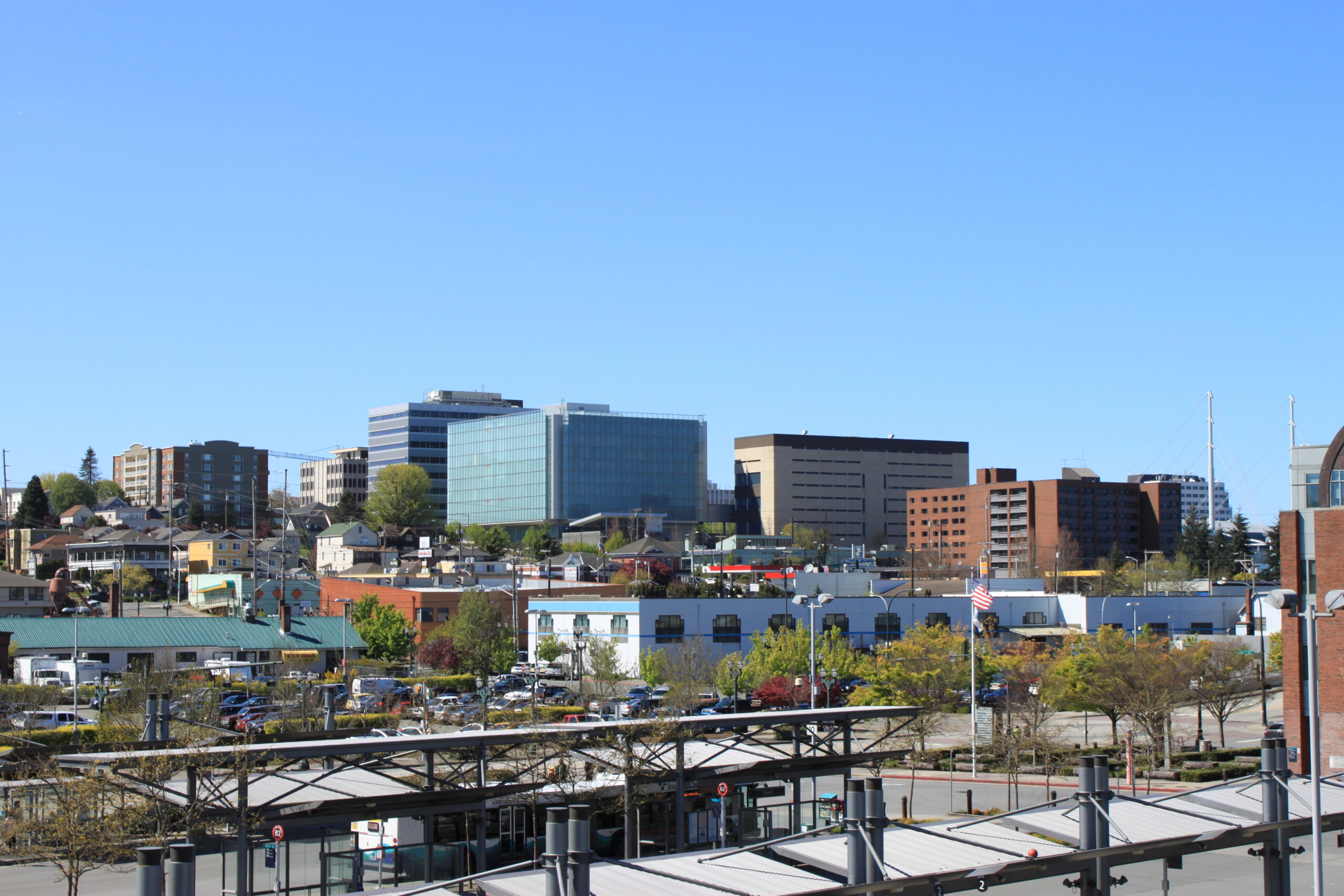Editor’s Note: We’re honored to welcome our friend Shoreline City Councilmember Chris Roberts to the Cascadia Advocate to share his perspective in support of our top electoral reform priority — phasing out elections in odd-numbered years, when turnout is often well below a majority. Chris has a PhD in Political Science and teaches American Politics at Pierce College.
As a city councilmember in Shoreline, I believe that it is important that we strive to include as many residents as possible in our electoral processes.
Voter participation is the key to our democratic society. As Americans, we have and we continue to fight for access to the ballot, and I applaud the Washington State Legislature for reducing barriers to voting over the past few years.
There is more we can do to improve our democracy. But, the single, most effective way to make sure that our representatives best reflect the values of their constituency is to move local elections to even-numbered years.
I appreciate State Representative Mia Gregerson and Senator Joe Nguyen for sponsoring legislation this session that would move most local and state elections from odd-numbered to even-numbered years.
These bills, HB 2529 and SB 6503, will empower voters across Washington State. We know, looking at voter turnout in Washington State, and evident in other states, that more people vote in even-year elections, and those voters often better represent the demographics of their communities.
The boost in turnout in even numbered years is not theoretical. We’ve seen the difference in turnout when the election has been in even-numbered years.
- In 2014, over 201,000 voters cast a vote in the Snohomish County Executive race to fill an unexpired term.
- In 2015, just over 132,000 voters cast a vote in the same race.
- In 2014, over 19,000 voters cast a vote for Everett City Council, Position 7.
- The next year, just 12,000 voters did.
These results are similar to studies of California cities since they switched to even-year elections. What we see is that turnout goes up across all demographics, especially among younger voters, renters, and people of color.
Concerns have been raised about moving local elections to even-numbered years. However, many of those concerns simply do not hold up to scrutiny.
Studies of elections in Washington State and elsewhere do not show a rise in undervotes for local races. Between 2006 and 2015, the cities of Everett (twice), Marysville, Lynnwood, Mill Creek, Monroe (twice), Mukilteo, and Mountlake Terrace each held an election in an even-numbered year. In all but one case, the undervote in those elections was smaller those in odd-numbered years.
So, despite the longer ballots in even-numbered years, Washington voters will vote for federal candidates and for local candidates down the ballot.
We know there is more media attention and campaign spending on elections held in even-numbered years. The amount of money spent on educating and mobilizing voters in even-numbered years by candidates in Washington State is nearly three times greater than that spent in odd-numbered years.
And filling local positions in odd-numbered years has not led to high-quality coverage of local politics and elections. The Seattle Times did not publish a single article about the Burien, Shoreline, or Sammamish City Council races in 2019, and has not published any article about local elections in Shoreline since 2009.
The evidence demonstrates that voters are more empowered and informed when elections are held in even-numbered years as opposed to odd-numbered years.


Comments are closed.